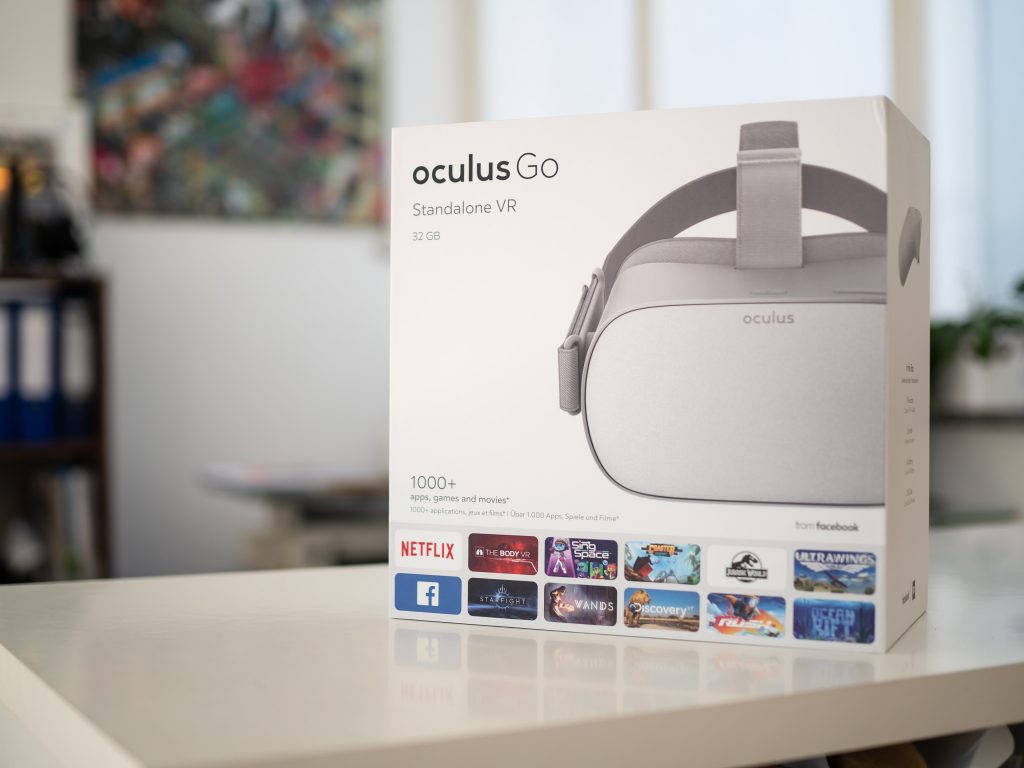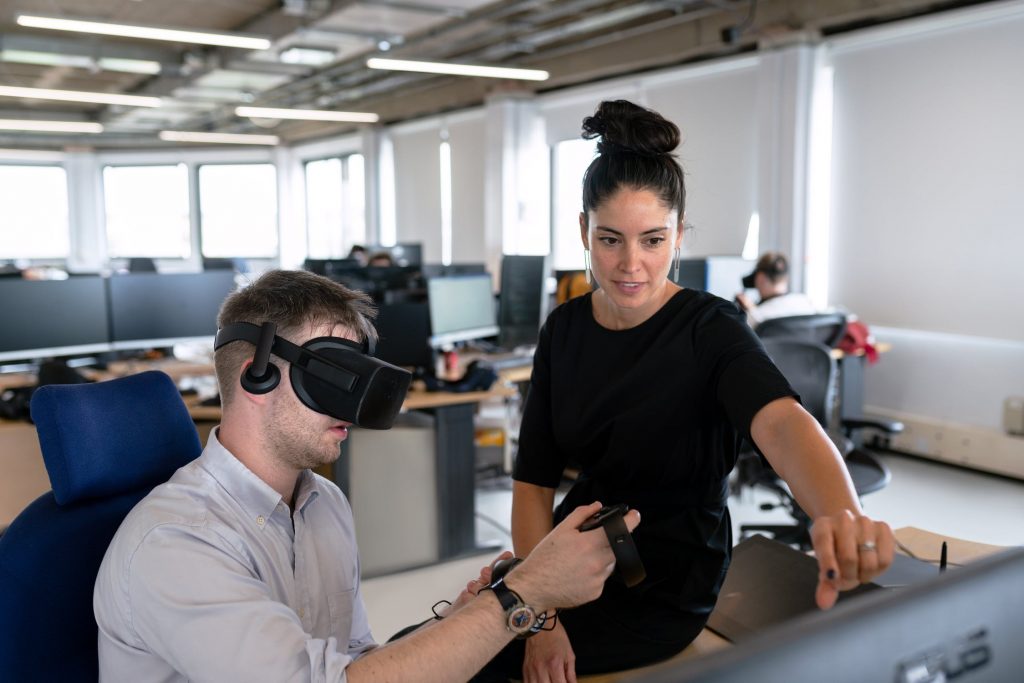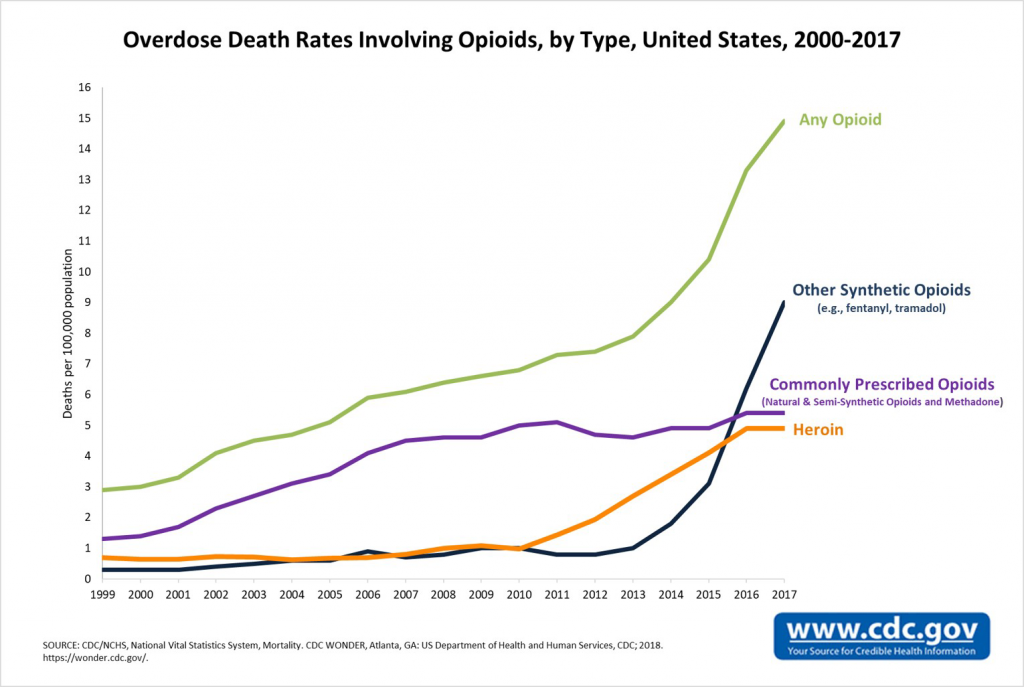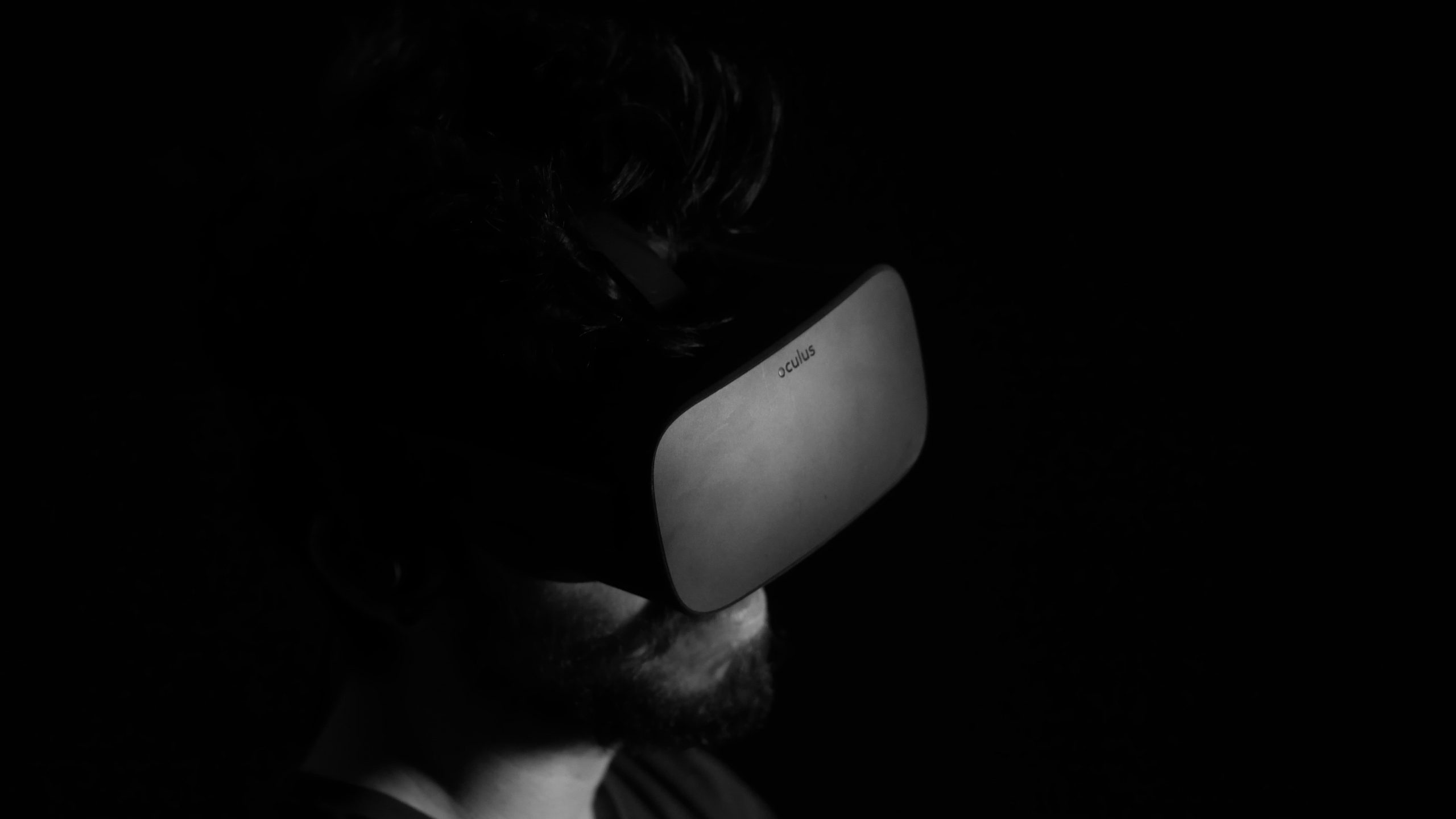There has been such a massive hype around VR gaming in recent years that one cannot help but think of virtual reality as a technology primarily dedicated to gamers.
It is true that VR has for years been tipped to be the “next big thing” in the entertainment industry and that the world of gaming can take most of the credit for bringing immersive experiences closer to the mainstream.
However, as tech analyst Amir Bozorgzadeh argues, the strong, one-sided focus on the thrill of having a first-person perspective of game action could cast a dark shadow over critical use cases of VR, which are essential for the sustainable growth of the industry.
“I think a lot of the misconceptions about VR have to do with the fact that big players such as Oculus and HTC are focused so much on gaming, and gaming isn’t often a critical use case of the technology in many cases,” Amir, the CEO and co-founder of Virtuleap, a health and education VR startup, told Via News.

Referring to the recent media blitz surrounding Valve’s newly released VR game Half-Life: Alyx, he said it is undeniable that great, spectacular games are being developed in a virtual environment.
“But it’s been so much gaming, gaming, gaming, and gaming that many wrongly assume that the industry is gaming, and almost all media reports about whether VR is doing well or not doing well are about gaming, consumer, and entertainment. If they see that VR isn’t interesting for entertainment, they say that it isn’t doing well or isn’t going to be a big thing.”
The Lisbon-based entrepreneur calls it a “huge mistake” to put consumers and enterprises together because “they’re so separate and are completely different industries.”
“Even within enterprise, they’re so different from each other in most cases,” he said, adding that there are exceptions like Virtuleap, which is gamifying cognitive science with the help of VR and AI and operates in the intersection of education and healthcare at the same time.

Critical Use Cases
Amir says VR solutions are being successfully used to train people for high-danger, high-stress roles like those of pilots, surgeons, or those working in the architecture, engineering, and construction (AEC) industry.
“But they are not as fancy as the gaming and entertainment use cases so they don’t get media coverage so easily. A lot of things are happening under the glacier in the VR industry, but many people do not know about them.”
According to Virtuleap’s CEO, one of the reasons behind this lack of market visibility is that those who are taking advantage of such use cases have active contracts with large companies such as Boeing or top automakers.
“But, on the gaming side, people are always wondering how many gamers will purchase their games. They constantly need media hype. They’re so desperate for media hype, and, on the other side, the enterprise is so not desperate for media hype because it’s all paid work.”

So all the media attention goes toward the desperation side of things and that’s based on a lot of “exaggerated claims”, he added.
“We have to separate the two and understand that the entertainment industry isn’t resting on solid ground. They’re resting on shifting sand, and they know that.”
FDA Support
Amir believes many people also do not realize that the Food and Drug Administration, a federal agency of the U.S. Department of Health and Human Services, is now supporting VR for healthcare use cases.
“On March 5th, they had a really important meeting with many VR industry leaders where they discussed the use of VR for medical applications,” he said, referring to a public workshop organized by the FDA.
According to the FDA, the event—entitled “Medical Extended Reality: Toward Best Evaluation Practices for Virtual and Augmented Reality in Medicine”—was held to identify critical gaps that may impede medical XR device development and innovative use of XR in medical applications.
The Food and Drug Administration, a federal agency of the U.S. Department of Health and Human Services, is now supporting VR for healthcare use cases.
Amir Bozorgzadeh, Virtuleap’s co-founder and CEO
The co-founder of Virtuleap says initial studies have validated that VR can be used in certain cases as an alternative to opioid medication.
“It’s been proven at that preliminary basis that the pain receptors in your brain are effectively dampened if you are in a VR simulation. It’s not exactly known why or how this works. There’s still a lot of research that has to be done, but experts know that pain reduction is one of the big use cases of VR.”
He assumes that pain levels drop to certain degrees in a VR simulation because “the visual sense is the primary sense for a lot of people and when you create an alternative reality with a visual sense, it can trigger a lot of healthcare benefits like desensitizing you to social phobias or fear of heights or spiders.”
It is huge in particular for the United States and the FDA because of the opioid crisis, he added.

U.S. Opioid Epidemic
Health experts say the U.S. is in the midst of an opioid epidemic. Findings of a national survey on drug use and health show that an estimated 10.3 million Americans aged 12 or older misused opioids in 2018, including 9.9 million prescription pain reliever misusers and 808,000 heroin users.
According to the U.S. Centers for Disease Control and Prevention, opioids were involved in 46,802 overdose deaths in 2018, accounting for 69.5% of all drug overdose deaths.
“There are hundreds of studies being done in the U.S. alone right now about the use of VR for medical purposes, but many people don’t know that. Again it’s a glacier thing. There’s so much work in validation being done under the glacier that people don’t understand how crazy big this industry is,” Amir said.







